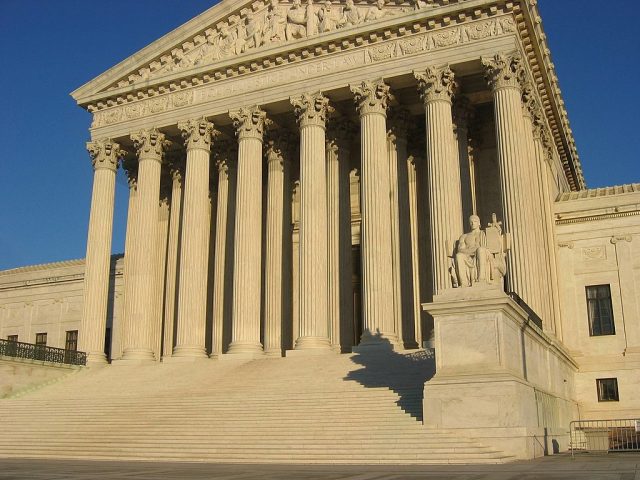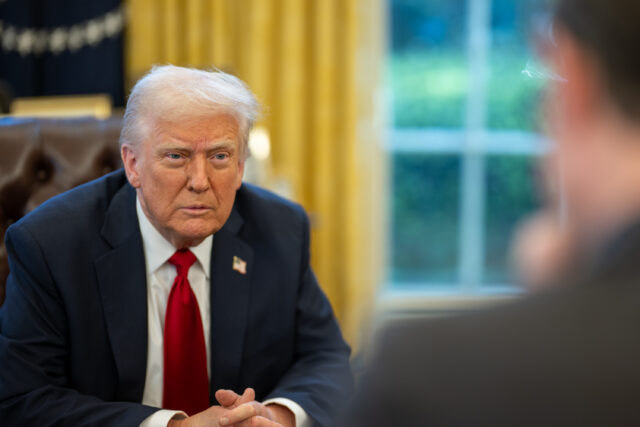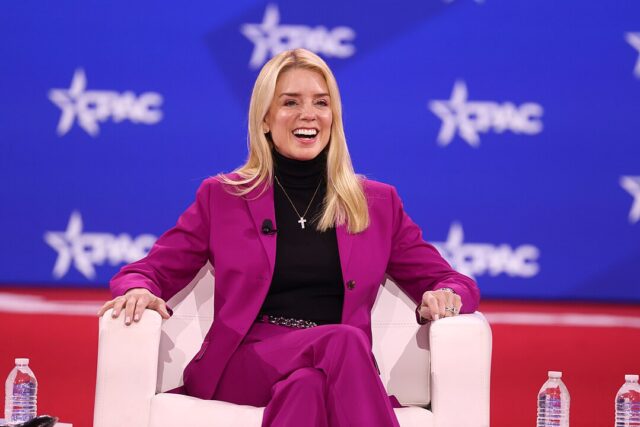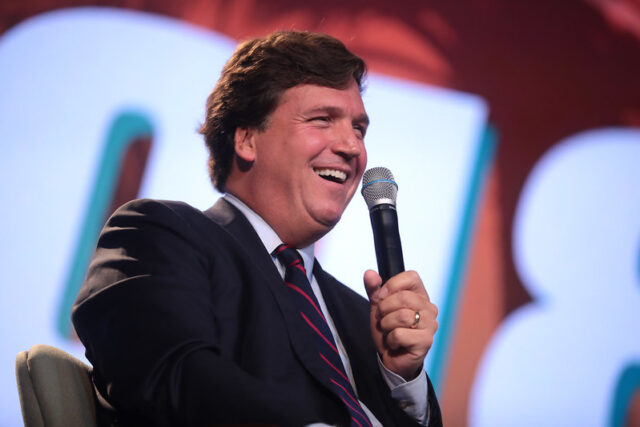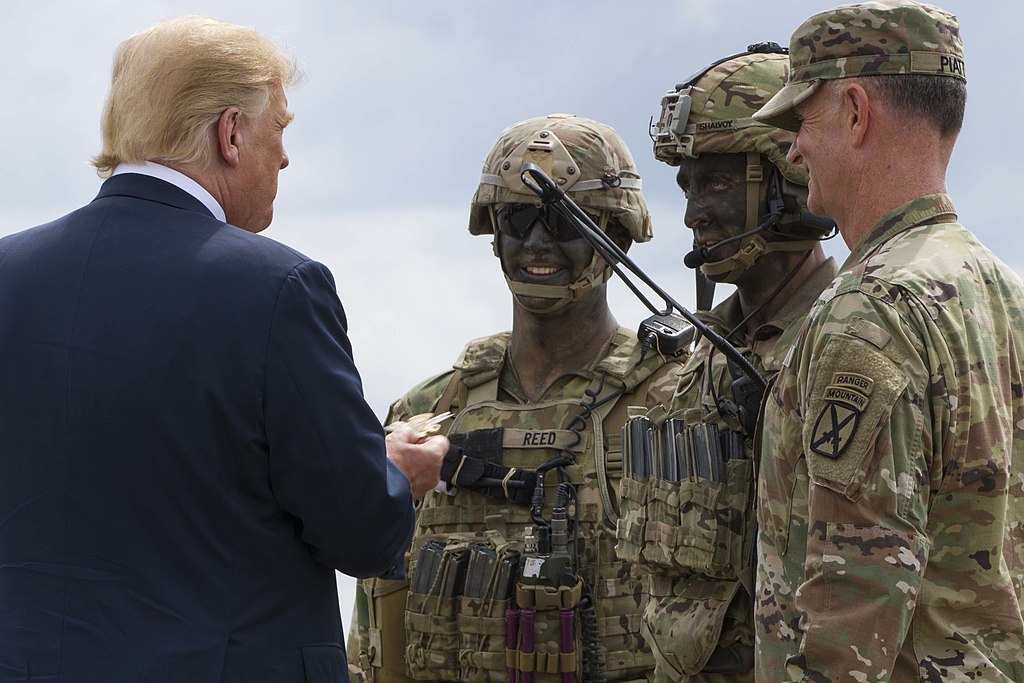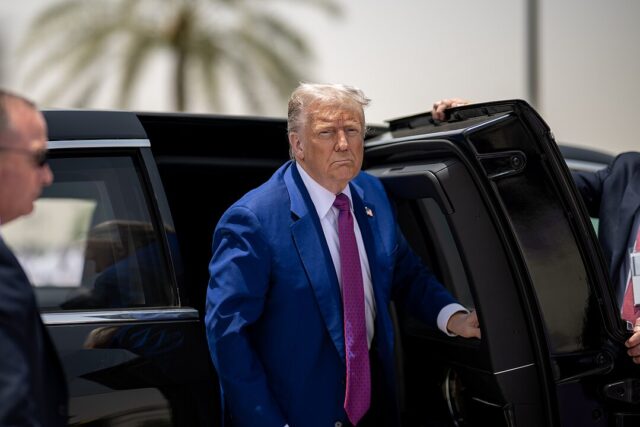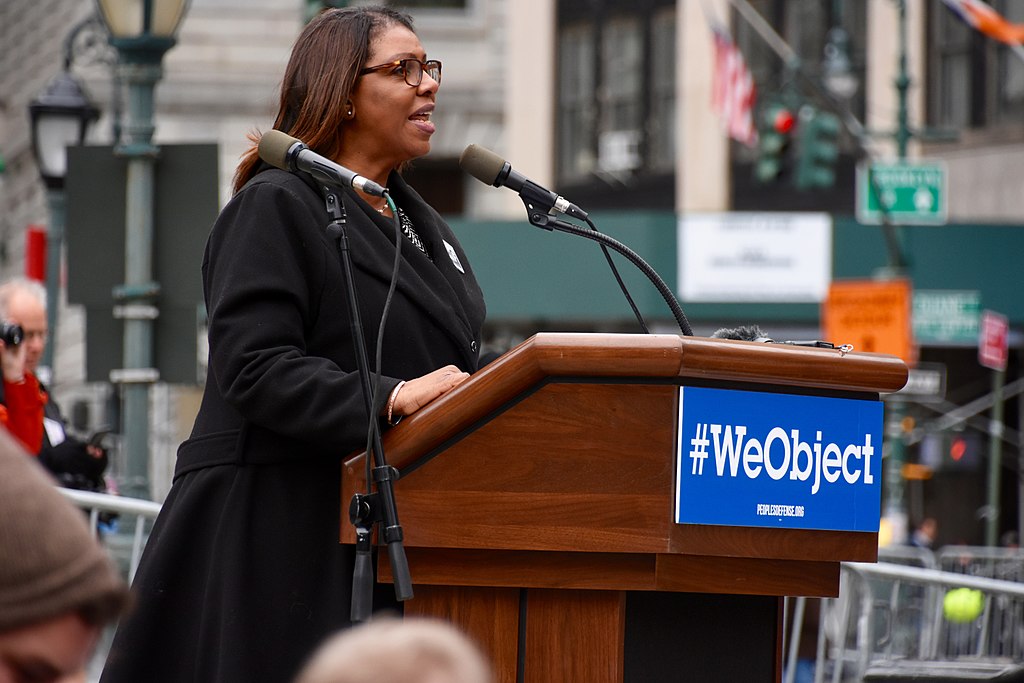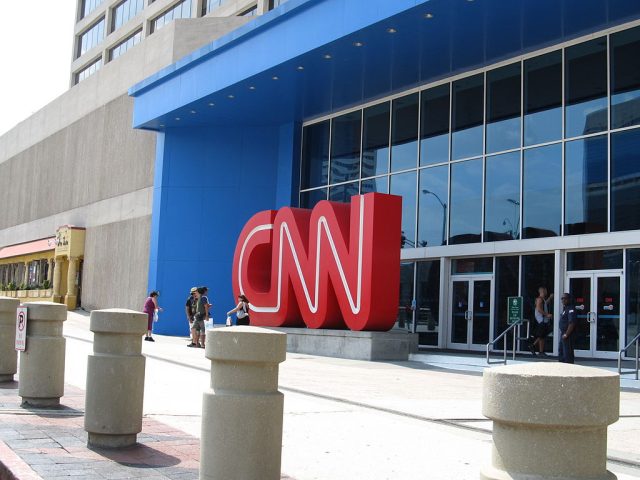Trump Defends Justices Alito, Thomas From Calls To Resign From Supreme Court
Not so fast…
President Donald Trump called on Supreme Court Justices Samuel Alito and Clarence Thomas to rebuke demands to step down from critics, calling the justices “fantastic.”
Trump made the remark to Politico this week as the outlet reported that some members of the Republican Party are hoping the court’s two oldest conservatives consider stepping down before the midterm elections. Their decisions to step down from the bench would enable Trump to nominate conservatives to take their place while the Republican Party is still guaranteed control of the Senate.
“I hope they stay,” Trump said, adding, “‘Cause I think they’re fantastic.”
Alito, 75, has no plans to retire from the Supreme Court anytime soon, a source close with close knowledge of the justice told The Wall Street Journal in November 2024 after Trump was elected.
“Despite what some people may think, this is a man who has never thought about this job from a political perspective,” a person close to Alito said to the newspaper.
“The idea that he’s going to retire for political considerations is not consistent with who he is,” this person added.
Alito was appointed to the Supreme Court in 2006 by President George W. Bush.
Thomas is 77 years old. He was appointed to the court by President George H.W. Bush in 1991.
Sonia Sotomayor, appointed by President Obama in 2009, is 71.
In 2022, Thomas faced widespread calls to step down from the bench or be impeached because he would not recuse himself from cases related to the Jan. 6, 2021, Capitol riot.
Investigators on the Jan. 6 select committee revealed that the justice’s wife, Ginni Thomas, sent text messages to then-White House chief of staff Mark Meadows urging him to challenge Donald Trump’s 2020 election loss.
“Clarence Thomas should resign,” Ocasio-Cortez said at the time. “If not, his failure to disclose income from right-wing organizations, recuse himself from matters involving his wife, and his vote to block the Jan. 6th commission from key information must be investigated and could serve as grounds for impeachment.”
Democrats took no action against Thomas.
A ProPublica investigation also found that Thomas’ close friendship with real estate developer Harlan Crow allowed him to accompany the Texas billionaire on luxury vacations on his private jet and yacht, as well as enjoy free stays on Crow’s vast vacation property, among other perks. He reportedly failed to disclose the vast majority of Crow’s gifts.
The ProPublica report prompted several Democratic lawmakers to demand that a strict code of ethics be imposed on the Supreme Court by Congress.
During his first term, Trump had Justices Neil Gorsuch, Brett Kavanaugh and Amy Coney Barrett confirmed to the Supreme Court, along with over 200 federal judges.
Watch Politico’s full interview with Trump below:


